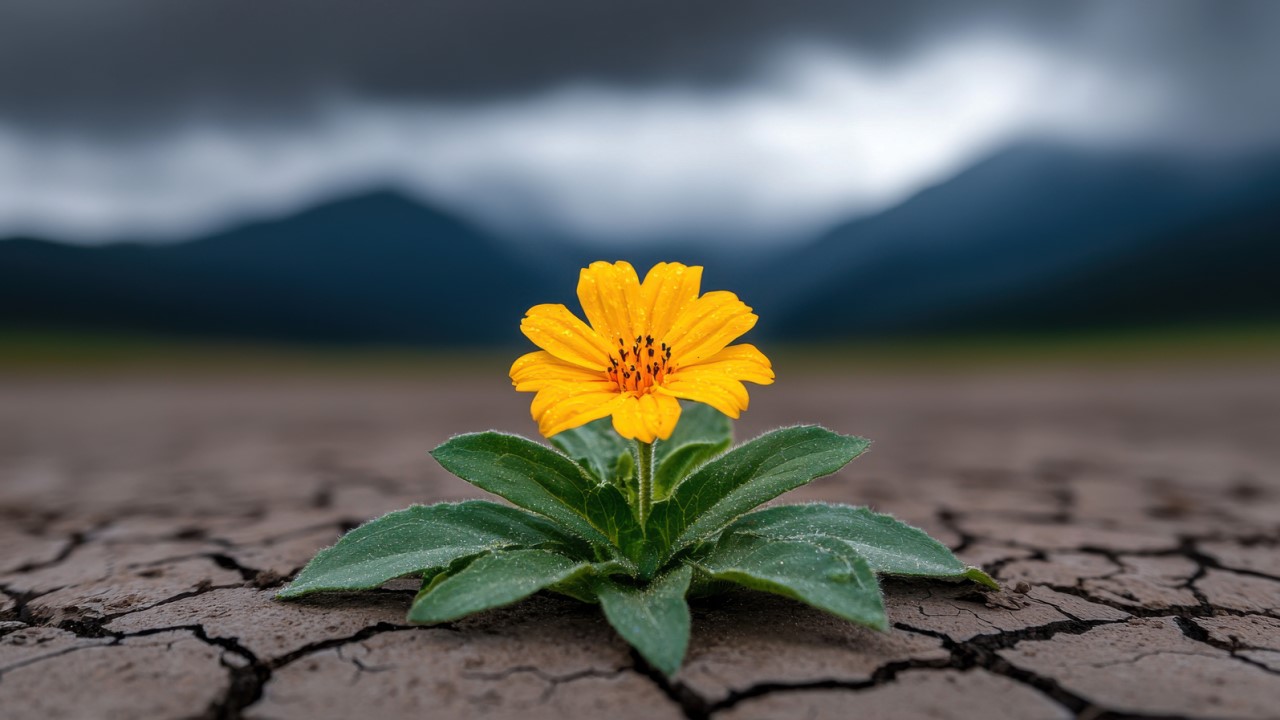
It’s easy to feel discouraged by current struggles, whether in your personal life or on a global scale. Psychologists, some of whom have a close-up view of the suffering these difficulties inflict, may find it especially difficult to stay positive about the future. Yet a growing body of research suggests that if you want to cultivate positive change—in yourself, others, or society—restoring hope is a vital first step.
Start by understanding what hope is—and what it isn’t. Though often equated with burying your head in the sand and waiting for things to get better, in reality, hope is a more nuanced, cognitive process involving well-known psychological concepts such as goal-setting, agency, and cognitive restructuring.
Unlike optimism, which is simply the expectation of a better future, hope is action-oriented and a skill that can be learned. “We often use the word ‘hope’ in place of wishing, like you hope it rains today or you hope someone’s well,” said Chan Hellman, PhD, a professor of psychology and founding director of the Hope Research Center at the University of Oklahoma. “But wishing is passive toward a goal, and hope is about taking action toward it.”
Continue this article from the American Psychological Association here.
New, Reduced Membership Dues
A new, reduced dues rate is available for CAOs/ACAOs, along with additional discounts for those in smaller communities, has been implemented. Learn more and be sure to join or renew today!
